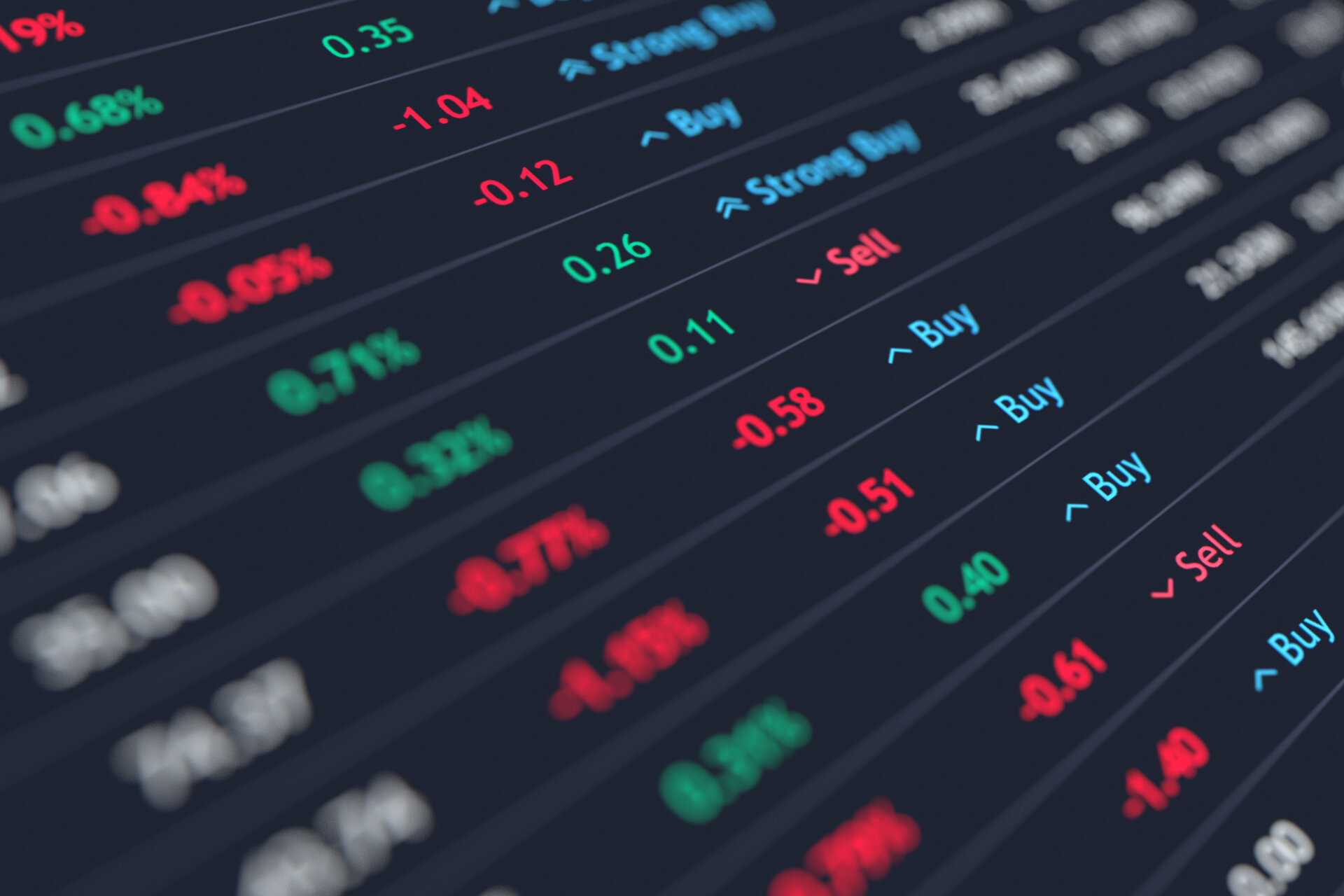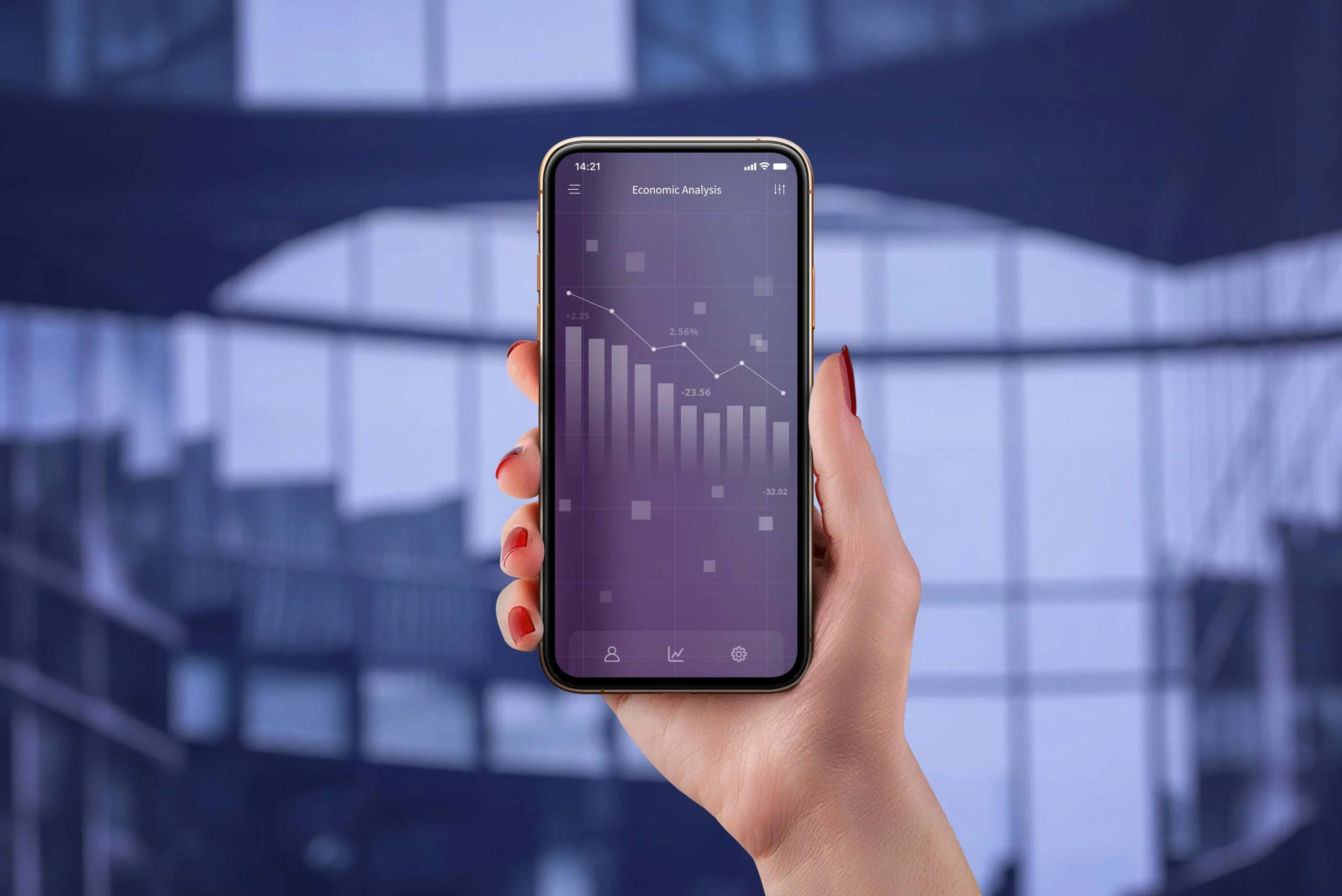ALB Limited 01.05.2022
What Are Spot Currencies In Forex?
What are spot currencies in Forex? A spot currency is a currency that is bought and sold for immediate delivery. In other words, the buyer and seller agree to exchange the currency at the current market rate and the deal is executed immediately. This differs from a forward contract, which involves an agreement to exchange currencies at a later date. Spot currencies are often used in hedging transactions, as they offer more liquidity than forward contracts. If you're considering trading in Forex, it's important to understand the different types of contracts available to you. For example, spot currencies can be useful when attempting to minimize risk exposure.What are spot currencies in Forex trading and how do they work?
When you trade Forex, you're effectively speculating on the value of one currency against another. For example, if you think the value of the US dollar will rise against the euro, you would buy USD/EUR. If your prediction comes true, you will make a profit. However, if the value of the US dollar falls against the euro, you will incur a loss.
Most Forex trades are conducted on a spot basis – this means that currencies are bought and sold for immediate delivery. In other words, when you place a trade, you agree to exchange one currency for another at the current market rate. Spot Forex contracts are typically traded in lots of 100,000 units of currency (known as a micro lot), 10,000 units (a mini lot), or 1,000 units (a standard lot).
It's also possible to trade Forex on a forward basis. This involves an agreement to buy or sell a currency at a later date, at an agreed-upon rate. Forward Forex contracts are typically traded in lots of 10,000 units of currency.
Both spot and forward Forex contracts involve two parties – the buyer and the seller. When you buy a currency pair, you're effectively buying the base currency and selling the quote currency. For example, if you bought EUR/USD, you would be buying euros and selling US dollars. Conversely, when you sell a currency pair, you're selling the base currency and buying the quote currency.
While spot Forex contracts are the most common type of Forex trade, there are other types of Forex contracts available, including:
Futures: A futures contract is an agreement to buy or sell a currency at a future date, at an agreed-upon rate. Futures contracts are typically traded in lots of 10,000 units of currency.
Options: An options contract gives the holder the right – but not the obligation – to buy or sell a currency pair at a future date, at an agreed-upon rate. Options contracts are typically traded in lots of 1,000 units of currency.
The benefits of trading spot currencies
Spot Forex contracts offer several advantages, including:
Liquidity: Spot Forex contracts are the most liquid type of Forex contract, which means that they can be easily bought and sold with minimal impact on the market. This is due to the large number of buyers and sellers in the Forex market.
Pricing: Spot Forex prices are based on real-time market rates, which means that you'll always know exactly what you're paying – or receiving – for your currency. There's no risk of being 'locked in' to an unfavorable rate.
Simplicity: Spot Forex contracts are straightforward to understand. Unlike other types of Forex contracts, there's no need to worry about delivery dates or rollover fees.
How to trade spot currencies
Spot currencies are traded on the forex market. Forex is the world's largest financial market, with an average daily turnover of more than $5 trillion. There is no central exchange for forex trading, so it is done electronically over the counter (OTC). Spot currencies are bought and sold in pairs, and the prices are based on underlying currency pairs.
The most popular currency pairs are EUR/USD, GBP/USD, USD/JPY, and USD/CHF. These pairs are also known as the "majors." Other popular currency pairs include AUD/USD, NZD/USD, USD/CAD, and USD/MXN. These pairs are known as the "minors."
When you trade spot currencies, you are essentially buying one currency and selling another. For example, if you buy the EUR/USD pair, you are buying euros and selling US dollars. If the price of the pair goes up, it means that the euro is gaining against the dollar. Conversely, if the price of the pair goes down, it means that the dollar is gaining against the euro.
To trade spot currencies, you will need a forex broker. Forex brokers offer leverage, which means that you can trade with more money than you have in your account. Leverage can be a great tool if used correctly, but it can also lead to heavy losses if not managed properly.
When choosing a forex broker, be sure to choose one that is regulated by a major financial regulator such as the US Securities and Exchange Commission (SEC) or the UK Financial Conduct Authority (FCA). These regulators protect investors and ensure that brokers are operating fairly.
Forex trading can be very lucrative, but it is also very risky. Be sure to educate yourself about the risks involved before you start trading.
The risks associated with trading spot currencies include:
Leverage risk: Forex brokers offer leverage, which means that you can trade with more money than you have in your account. Leverage can be a great tool if used correctly, but it can also lead to heavy losses if not managed properly.
Market risk: Spot currencies are traded on the forex market. Forex is a highly volatile market, and prices can move very quickly. This can lead to heavy losses if you are not careful.
Country risk: When you trade spot currencies, you are essentially buying one currency and selling another. This means that you are exposed to the political and economic risks of both countries. For example, if you buy the EUR/USD pair, you are exposed to the risks of both the European Union and the United States.
Broker risk: When choosing a forex broker, be sure to choose one that is regulated by a major financial regulator such as the US Securities and Exchange Commission (SEC) or the UK Financial Conduct Authority (FCA). These regulators protect investors and ensure that brokers are operating fairly.
Spot currencies can be a great way to make money, but you need to be aware of the risks involved. Be sure to educate yourself about the risks before you start trading.
Tips for successful spot currency trading
Here are a few tips to help you succeed in spot currency trading:
Start small: When you are first starting, it is important to trade with small amounts of money. This will help you to get a feel for the market and learn how to trade properly.
Use stop-loss orders: A stop-loss order is an order that will automatically sell your position if the price goes below a certain level. This can help to limit your losses if the market moves against you.
Be patient: Don't expect to make a fortune overnight. Forex trading takes time and patience. Stick with it and don't give up if you have a losing streak.
Have a plan: Before you start trading, it is important to have a plan. This should include your goals and the amount of risk you are willing to take.
Keep a journal: It is important to keep a record of your trades. This will help you to learn from your mistakes and make better decisions in the future.
Spot currency trading can be a great way to make money, but you need to be aware of the risks involved. Be sure to educate yourself about the risks before you start trading. These tips can help you to succeed in spot currency trading.














